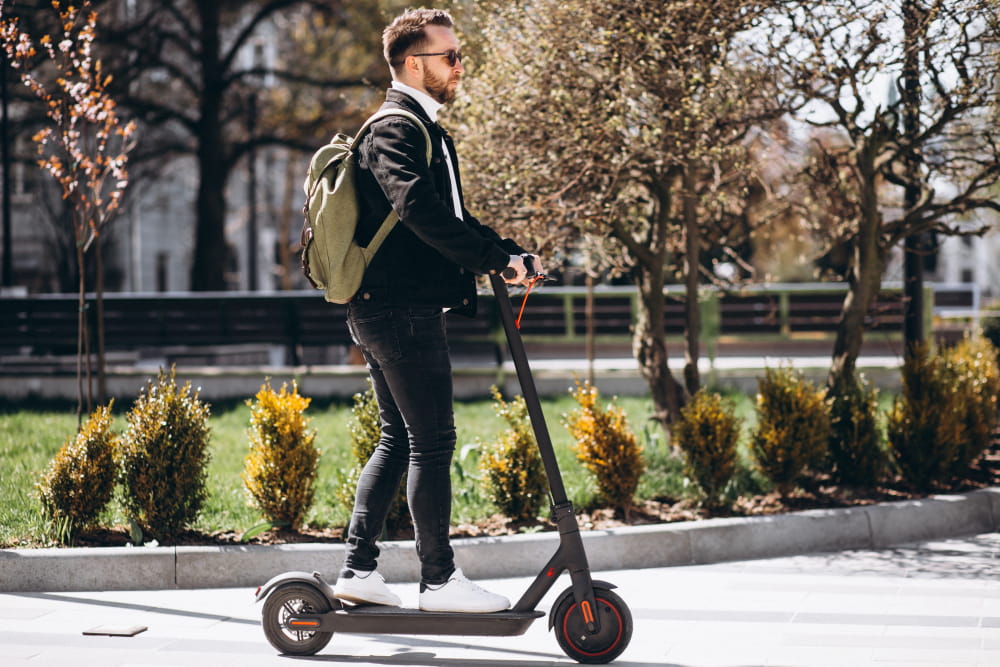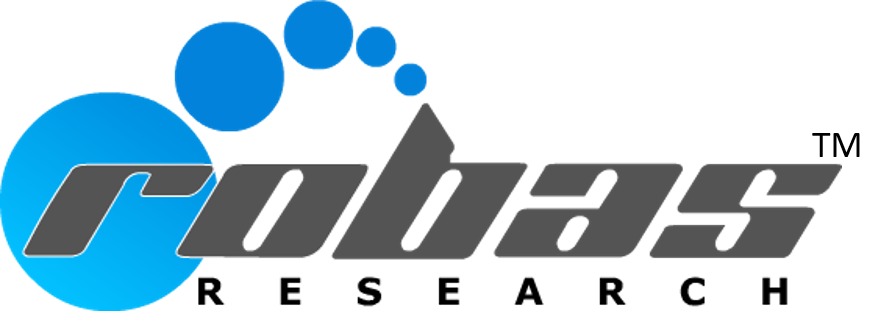Robas Research conducted a face-to-face CAPI survey with a sample size of 314 to understand the usage of electric scooters by the delivery segment in India. The study revealed valuable insights into rider profiles, daily routines, vehicle usage and charging behavior, rider income, and other financial aspects. The project was delivered on time and with a professional presentation, leading to client satisfaction and resulting in frequent multiple projects.

Objective
The objective of this study was to understand the usage of electric scooters by the delivery segment in India. The study aimed to identify the rider profile, daily routine, vehicle usage and charging behavior, rider income, expenditure, savings, and other financial aspects.
Challenges:
The study faced several challenges, including:
- Identifying the recent EV vehicle buyers’ brands such as Ather, Bajaj Chetak, Ola, and TVS.
- Short project timeline for the entire project
- Area-wise quota

Role of Robas Research

- Study design, face-to-face CAPI survey with a sample size of 314
- Interviews conducted at key congregation points such as outside food chains, warehouses, EV hubs across Bengaluru, all supermarkets, malls, food streets, street corners, non-food delivery go-downs, dealers, distributors, etc.
- Targeted audience face-to-face interview using CAPI survey methodology
- The project was delivered with all the quotas applicable on time and with a professional presentation
Have a research project but not sure whom to contact and how to start? We got you covered! With the depth and breadth of research panels, and regional presence in the USA and India, Robas Research – one of the leaders in market research industries works with 20+ industries’ clients (B2B and B2C) such as Toyota, Bosch, CRISIL, Kantar, Big Basket, IPSOS and more!
Results Achieved
- The study conducted by Robas Research using offline primary research and custom research methods, with a face-to-face CAPI (Computer Assisted Personal Interviewing) survey methodology and a sample size of 314, revealed the following insights about the electric scooter industry in India:
- A typical rider is a Karnataka resident (86%), about 30 years of age, has about 8 friends and lives predominantly (90%) in an independent house.
- Nearly 90% of riders stay either on the ground floor or first/second floor and 50% are married.
- The rider utilizes free time by watching the phone / TV or hanging out with friends. 58% of riders spend time on YouTube.
- 77% of riders own a scooter, and the balance rents it from companies like Yulu/Bounce. 33% of scooter owners have bought it on loan. Key brands owned are Ola (23%), Hero (13%), and TVS (12%). The proportion of riders renting scooters is much higher among migrants.
- Two in three riders have less than two years of experience in delivery. Delivery experience is higher among married riders, who work for food/grocery chains and deliver 30+ deliveries per day.
- The proportion of riders renting scooters is much higher among migrants.
The methodology and the reports enabled the client to make the right decisions to achieve the desired result. On-time deliverables lead to client satisfaction which resulted in frequent multiple projects.
Frequently Asked Questions
The sample size of the study was 314.
The study used a targeted face-to-face interview methodology called “CAPI survey methodology”
The key challenges faced during the study included identifying the recent EV vehicle buyers’ brand, short project timeline, and area-wise quota.
The key results of the study included the rider profile, daily routine, vehicle usage and charging behavior, rider income, expenditure, savings, and other financial aspects.
According to a report by Mordor Intelligence, the EV market in India is estimated to be worth USD 37.70 billion by 2028, growing at a CAGR of 46.38% during the forecast period (2023-2028).
According to Forbes India, India’s GDP stood at $3,737 billion in 2023.
